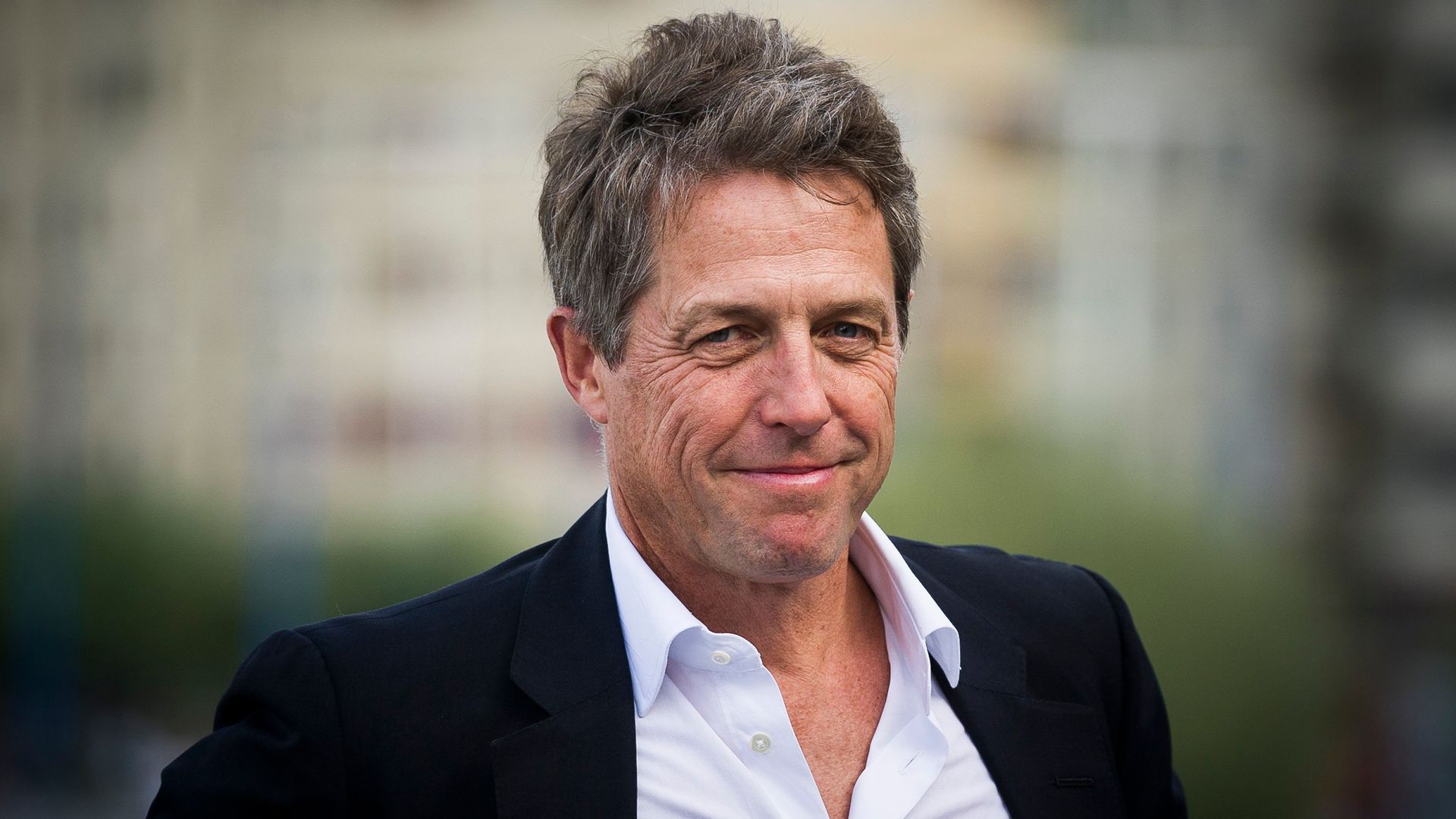
Hounds chase foxes not out of any personal antipathy, but because it’s what their lords and masters train them to do. It was once a bit like this between Hugh Grant and me.
The stand the actor has taken on media intrusion into people’s lives – including his own – meant he was considered to be legitimate prey by at least one of my former employers. The feeling on that newspaper – and, to an extent, the industry at large – was that he had to be put in his place. If he were allowed to get his way and new privacy laws were to be introduced, then the press would be further fettered and individuals a lot more powerful than him would be able to use them to shield their nefarious activities.
Still, I remember feeling guilt as I watched Grant give evidence to the Leveson inquiry into ethics in my industry and realised how miserable his life had been made. His phone had been hacked, the paparazzi hounded him and those he loved, his medical records were once leaked, what free time he had was largely spent on libel actions, and he had, too, to be on constant look-out for paid informants, including even in hospitals and among the police officers he’d occasionally have to turn to for help.
As much as we in newspapers like to present our readers with a world of heroes and villains, it’s seldom, of course, that simple. I’ve got to know Grant well enough over the past few years to feel regret about how I used to write about him. He’s a decent, principled and forgiving man – and, of course, a wonderful actor. He’s not that much older than me and I’ve grown up with his films – from the breezy optimism of Four Weddings and a Funeral, Notting Hill and Love Actually to the mature and haunting portrayal of Jeremy Thorpe and the unmerciless send-up of himself in Paddington 2.
It’s the off-screen Grant that has, however, come to impress me the most. Actors are generally advised by their PR people not to talk about politics – let alone an issue as contentious as Brexit – as it runs the risk of alienating fans and even casting directors. Grant couldn’t care less and I saw in what he said on this issue – and in his campaigning for pro-EU candidates in marginal seats in the last election – a crystal clear patriotism and public-spiritedness. I know he has also put his money where his mouth is in terms of helping some individuals involved in this cause, and this has inevitably all made him even more of a hate figure among the Brexit-backing newspaper proprietors.
There’s a magnificence about Grant’s anger about the state of our country. At a party not so long ago he was approached by Sarah Vine and her husband Michael Gove.
Savaged that very morning by Vine in her Daily Mail column, he told her where to get off. The put-down won him a spontaneous round of applause from fellow guests.
After I watched a recent rerun of the ITV drama The Lost Honour of Christopher Jefferies – which related how the press turned a retired and totally innocent schoolmaster into a national hate figure following the murder of Joanna Yeates – I messaged Grant to say I felt it showed how his had been a brave and necessary campaign. The argument that the press wouldn’t be able to stop the rich and powerful from misbehaving doesn’t really hold so much sway now. They are misbehaving and a lot of newspapers don’t appear to care. Our collective behaviour over the past few years has lost us our moral argument.
Actors aren’t, of course, supposed to know more than journalists, but I’d say this one knows more than most of us. He understands, too, the British sense of decency – a phrase he used to great effect at the Leveson inquiry – and he can see the good in people as well as the bad. He also tends to get the last laugh. I’m told one of his next big screen roles will be as a megalomaniacal newspaper owner. I can think of few, if any, actors better qualified to play that role.
Warning: Illegal string offset 'link_id' in /mnt/storage/stage/www/wp-includes/bookmark.php on line 357
Notice: Trying to get property 'link_id' of non-object in /mnt/storage/stage/www/wp-includes/bookmark.php on line 37







